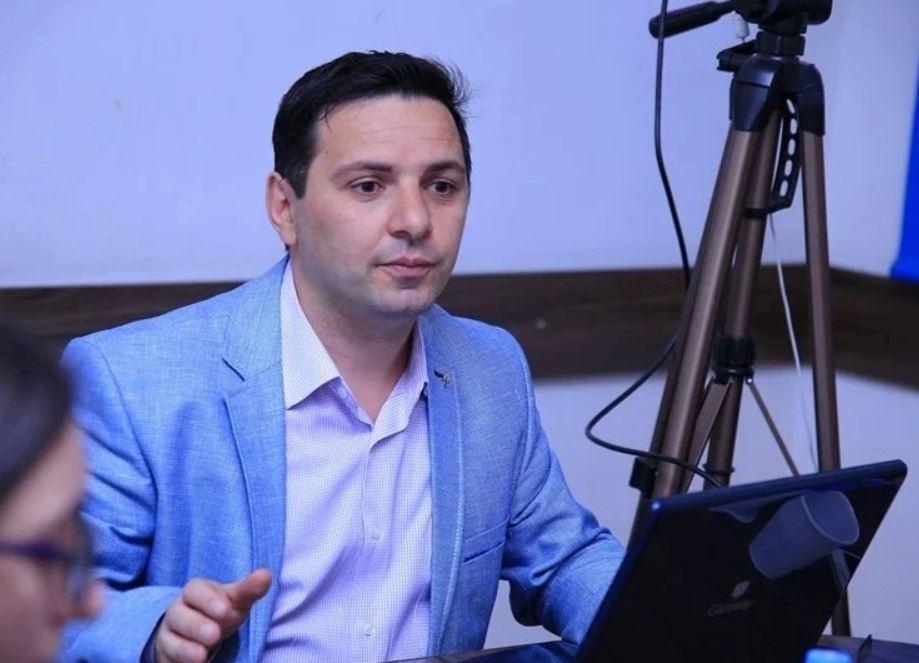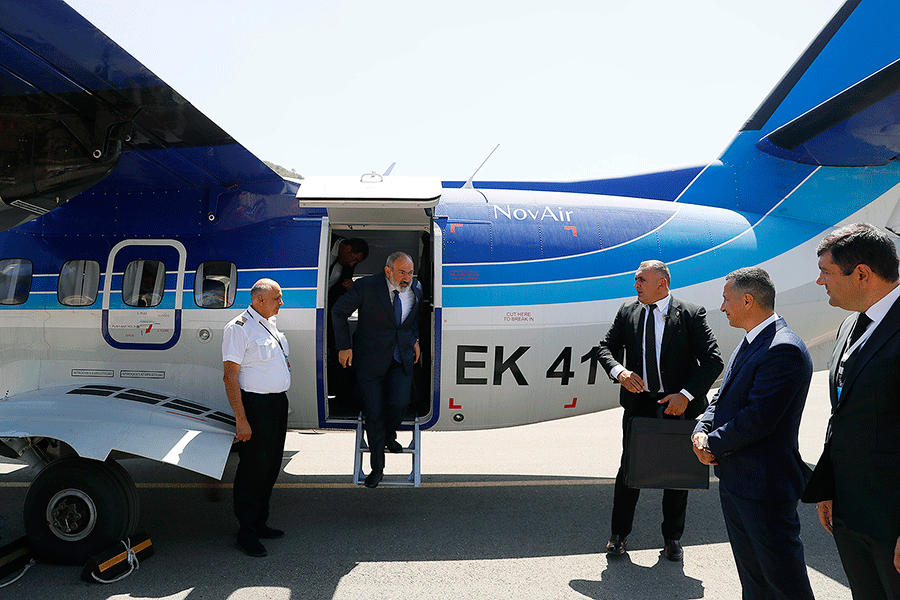Iranologist Armen Vardanyan assures that in the document signed by Nikol Pashinyan in Granada on October 5, there are no points related to the Syunik Corridor or the enclaves. Meanwhile, at the press conference held in May, Nikol Pashinyan personally announced that Azerbaijani enclaves are also included in the 86,600 square kilometers “because Artsvashen is also included in the 29,800 square kilometers.”
“There is no such thing; it is the result of vivid imagination and manipulations of some people. The document does not mention either the enclaves or the corridor. We are talking about the mutual recognition of the territorial integrity of Armenia and Azerbaijan. As for enclaves, we also have enclaves under the rule of Azerbaijan, and this issue should be resolved within the framework of border delimitation and demarcation, it may not be resolved at all. In any case, there was nothing new with this document,” said the Iranian expert. The change in the rhetoric of Azerbaijan, which called for the Syunik Corridor to be taken by force, gives reason to some analysts to worry that there are behind-the-scenes agreements between Pashinyan and Aliyev regarding the corridor. Our interlocutor does not have this concern.

Iranologist Armen Vardanyan
“There will be no Zangezur Corridor, there is no behind-the-scenes agreement, but there is a provision on unblocking the roads in this document, which states that the unblocking should take place under the sovereignty and jurisdiction of the parties. That’s all; the corridor topic is closed, and there is no announcement. If the Zangezur Corridor does not materialize, and I am sure that it will not appear in the form they want, they will go to the backup option; they will try to build the infrastructure through the territory of Iran.”
Read also
Referring to the decision to open a Russian consulate in Syunik, the Iranian expert said he does not expect anything good from that decision. “The opening of the consulate by Western countries was a clear message that they will not accept if suddenly Azerbaijan takes over Syunik. The European Union is investing huge sums of money in Syunik, and Russia has most likely followed the trend; they are trying to show that they are also interested in Syunik.”
Arpine SIMONYAN



















































